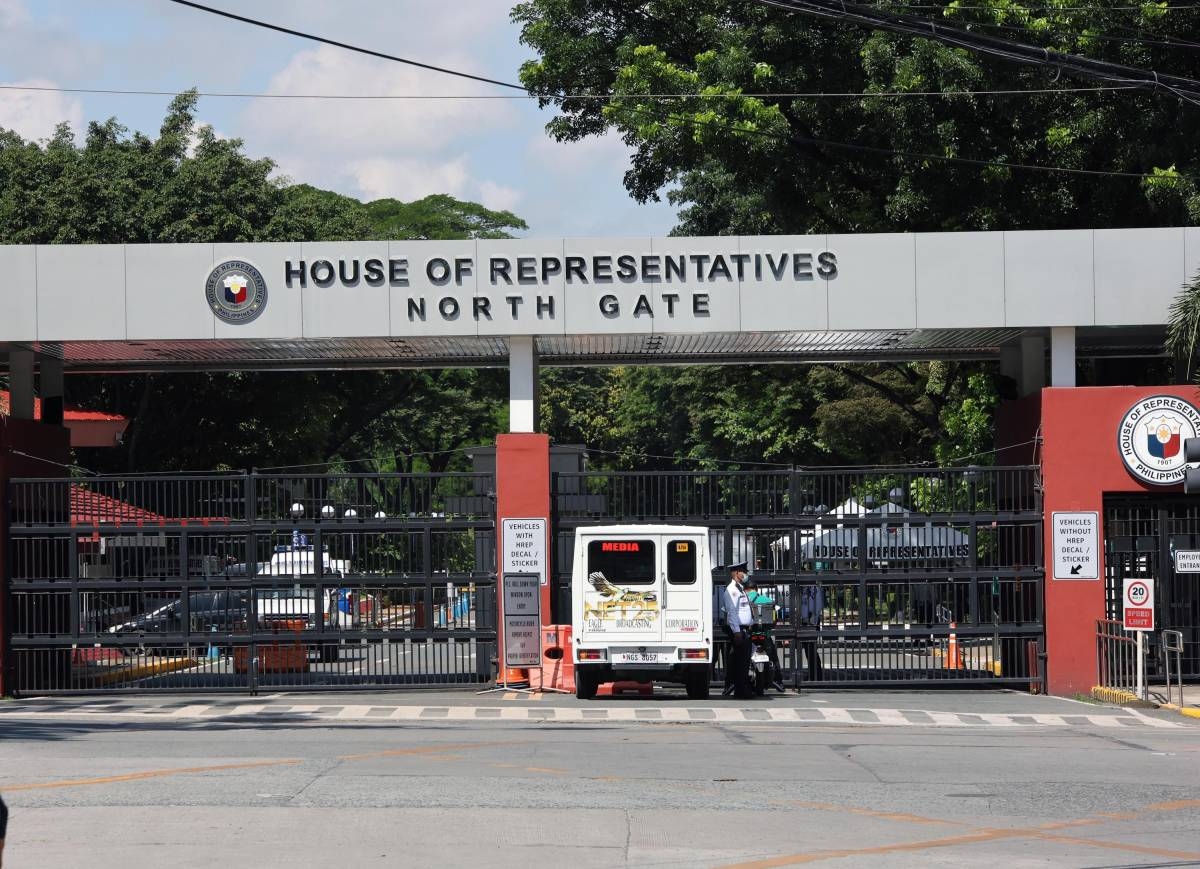MANILA, Philippines: In a recent development, the House of Representatives has called upon the National Telecommunications Commission to suspend the operations of Sonshine Media Network International (SMNI). This resolution, known as House Resolution 1499, was adopted on Monday, highlighting concerns over the network’s alleged violations.
The urgency behind this resolution stems from a recent incident involving Jeffrey Celiz, the host of SMNI’s Kasama ng Bayan program. Celiz publicly apologized for making false claims about House Speaker Martin Romualdez’s travel fund, which he had initially reported to be P1.8 billion. Acknowledging that his source had provided incorrect information, Celiz admitted his mistake. Consequently, the House detained him for contempt.
Authored by Rep. Margarita Nograles, House Resolution 1499 emphasizes that SMNI’s actions have violated its franchise, specifically the provision against spreading false information. The House believes that the network’s disregard for this provision warrants the suspension of its operations.
It is crucial to understand the significance of this resolution within the context of Philippine media regulations. In the Philippines, media organizations operate under specific franchises granted by the government. These franchises outline the terms, conditions, and responsibilities that media outlets must adhere to. Violations of these provisions can result in the suspension or revocation of a network’s franchise.
Spreading false information is a serious offense that can have far-reaching consequences. It undermines the trust and credibility that the public places in media organizations. Inaccurate reporting can mislead the public, create confusion, and even incite panic or unrest. As such, it is crucial for media outlets to exercise due diligence in verifying information before disseminating it to the public.
The House Resolution 1499 serves as a reminder to media organizations about the importance of responsible journalism. It sends a clear message that spreading false information will not be tolerated and that there are consequences for such actions.
While the resolution focuses on SMNI’s alleged violation, it also raises broader questions about media ethics and accountability. It prompts us to reflect on the role of media in society and the responsibilities that come with it.
As an international audience, it is essential to recognize that media regulations and practices may vary across different countries. Each nation has its own set of laws and customs that govern media operations. However, the fundamental principles of accuracy, fairness, and accountability remain universal.
Instances like these provide an opportunity to engage in a broader conversation about media ethics. It is a chance to examine the mechanisms in place to ensure responsible journalism and to address any gaps or shortcomings.
Ultimately, the House Resolution 1499 serves as a reminder of the importance of upholding truth and accuracy in media. It reinforces the notion that media organizations play a vital role in shaping public opinion and must do so with integrity. By holding SMNI accountable for its alleged violations, the House of Representatives sends a strong message that the dissemination of false information will not be tolerated.
As we navigate an increasingly complex media landscape, it is crucial for both media organizations and the public to remain vigilant in discerning fact from fiction. Responsible and ethical journalism is the cornerstone of a well-informed society.







